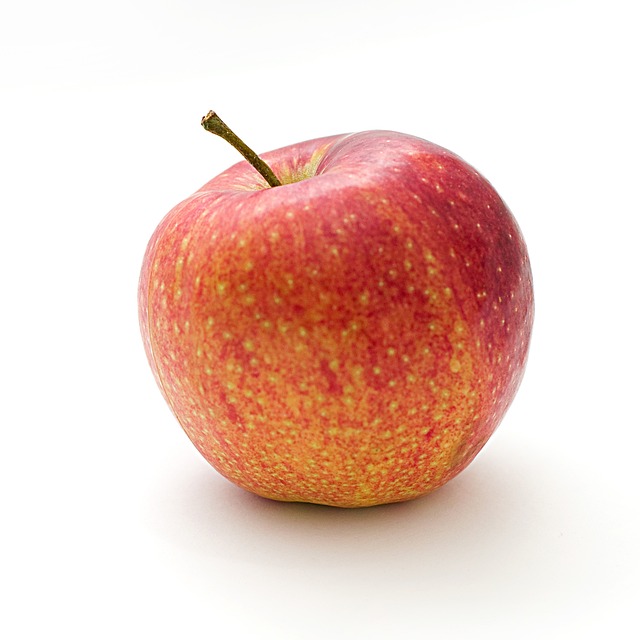The Beginner’s Guide to Probiotics:
How to Choose the Best Supplements for You
If you’re just starting to explore the world of probiotics, you’re not alone. Probiotic supplements have become incredibly popular in recent years due to their many potential benefits, from supporting digestive health to boosting immunity. But with so many products on the market, it can be tough to know where to start.
What are Probiotics?
Probiotics are live microorganisms that can be found in certain foods, such as yogurt, and in supplement form. These microorganisms are considered “good” bacteria that can promote health in a variety of ways, including supporting digestion, nutrient absorption, and a healthy immune system.
How Do Probiotic Supplements Work?
When you take a probiotic supplement, the live microorganisms they contain travel to your gut where they can help restore balance to your digestive system. Probiotics work by increasing the number of beneficial bacteria in your gut, which can help crowd out harmful bacteria and promote overall gut health.
Research suggests that taking probiotics may also have benefits beyond digestion. For example, certain strains of probiotics have been found to support a healthy immune system, reduce inflammation, and even improve mental health.
Choosing the Right Probiotic Supplement
When it comes to choosing a probiotic supplement, there are a few key considerations to keep in mind. Here’s what to look for:
- Strain Specificity: Different strains of probiotics have different effects on the body, so it’s important to choose a supplement that contains the specific strains that are best-suited to your needs. For example, if you’re looking to support digestion, you may want to choose a supplement that contains Lactobacillus acidophilus or Bifidobacterium lactis.
- Number of Colony-Forming Units (CFUs): CFUs refer to the number of live microorganisms that are in each serving of the supplement. Higher CFU counts generally mean more effective supplements, but it’s important to note that more is not always better. In some cases, a lower CFU count may be more appropriate.
- Quality and Purity: Look for supplements that are certified by independent third-party organizations, such as NSF International or USP, to ensure that they meet certain quality and purity standards.
- Form: Probiotic supplements come in a variety of forms, including capsules, tablets, powders, and even gummies. Choose the form that’s most convenient and comfortable for you to take.
Probiotic-Rich Foods
In addition to taking probiotic supplements, you can also get these beneficial microorganisms from certain foods. Here are some top probiotic-rich foods to add to your diet:
- Yogurt: Look for yogurts that contain live and active cultures, such as Lactobacillus acidophilus and Bifidobacterium lactis.
- Fermented Vegetables: Foods like sauerkraut, kimchi, and pickles are all rich in probiotics.
- Kefir: This fermented drink is similar to yogurt but has a thinner consistency and a different taste. It’s a good source of probiotics and nutrients like calcium and protein.
- Tempeh: Made from fermented soybeans, tempeh is a good source of probiotics, protein, and other nutrients.
- Miso: This fermented soybean paste is commonly used in Japanese cooking and is a good source of probiotics.
Conclusion
Probiotics can be an effective and easy way to support your overall health and wellbeing. By choosing the right supplement and incorporating probiotic-rich foods into your diet, you can promote healthy digestion, boost your immune system, and experience a host of other potential benefits.
Remember to talk to your healthcare provider before starting any new supplement regimen, especially if you have any underlying health conditions or are taking medications.







